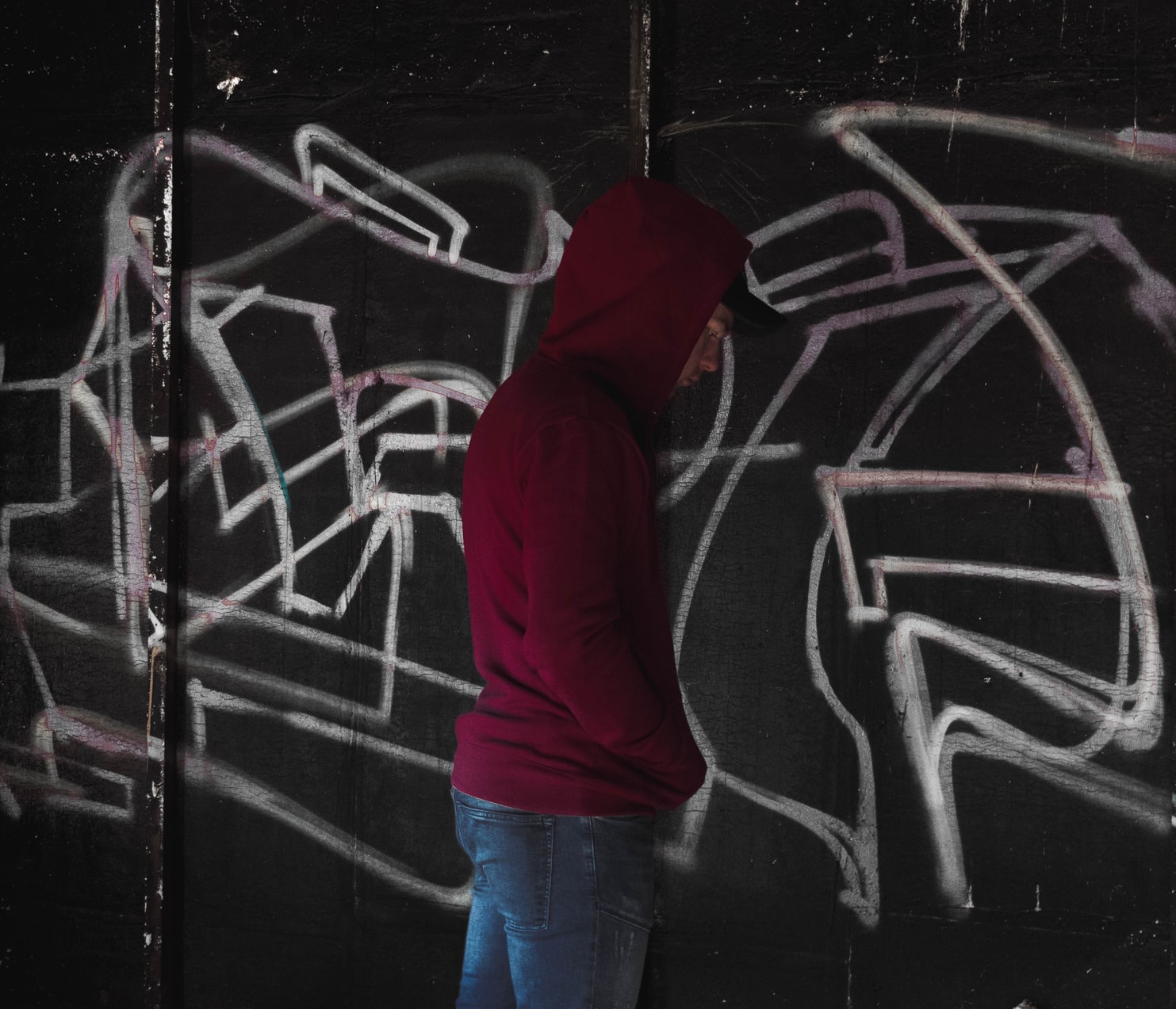With the world in the grip of a global pandemic, on May 4, news of an infamous group chat named ‘Bois Locker Room‘, consisting mostly of male children of wealthy families in New Delhi, made its way online. The boys were found to be sharing morphed and unmorphed pictures of girls and passing lewd, sexually-charged comments.
Many of the girls were underage.
Within no time, public outrage on social media. The ripples were felt in Kolkata. A discourse on gender-based violence, and the need for sex education and cyber security, began as a Google Drive folder with vulnerable pictures of women became the subject of much scrutiny. At the same time, multiple women came forward with testimonials about their experiences with assault in digital and physical spaces. Some even named their attackers.
A few of the names outed were big names from the best of universities.
As someone who has experienced online harassment, I was deeply disturbed. I began to check in with all of my friends that night.
I texted a close friend who I knew moved in these circles. He was distraught. According to him, a screenshot from six years ago had come back to haunt him. He told me to read the statement of a student from his school who had accused him of inappropriate sexual behaviour – he had come across her nudes and saved them on his laptop.
Despite being a feminist, I didn’t quite want to believe my friend would do something like this. We had talked about gender-based violence before; about equality, respect and privacy. He’s well educated, sensitive and has never cracked a rape joke.
“I mean, it was an act from six years ago, I didn’t know him then. He’s different now. Guys like him don’t do things like this. He’s not one of them.”
As I was telling myself this, I realised I didn’t want to hear these things from him. Don’t get me wrong, he didn’t try to justify his actions. He accepted full responsibility for his actions – of having saved the photographs.
According to him, that was all that he did wrong and that he would apologise as many times as the victim wanted him to. But it doesn’t just take one act to take someone’s privacy away, to disrespect them and to violate them. When we ask for someone’s forgiveness, we don’t just ask them to forgive us for everything we did – but also for the things we didn’t do.
Also read: Grieving Those We Cancel: A Call For Restorative Culture
And he didn’t do a lot of things – like asking about the anonymous number he received the messages from or reporting the number. He didn’t inform the girl in the pictures that something like this was happening to her.
As he tried to tell both of us repeatedly – me and the victim – the only wrong he had done was saving the photos.
But now, there were people he had never spoken to promising online to beat him up for something that he said “wasn’t the real issue”.
According to him, the real issue was the group chat where boys humiliated and degraded girls and morphed their images. The real issue was the Google Drive folder circulated among boys in Kolkata. The real issue was that these folders and chats had existed for so long and that society was unwilling to believe the survivors, and constantly shield and celebrate the perpetrators.
He told me that calling him out over something he did when he as a teenager was distracting from these real issues, so it shouldn’t have come up now. Her story is not related and her story doesn’t matter, he said.
But I know gaslighting when I see it.
Unfortunately, he doesn’t.
Maybe some gaslighters don’t know when they’re gaslighting. He wasn’t making me believe something that wasn’t true – he simply believed that it wasn’t true. We have taught victims how to recognise and stop gaslighting, but how many perpetrators recognise when they’re gaslighting someone? Epecially when it is done in defense of themselves? He was undergoing a social media trial for something he had done six years ago, and now strangers were threatening his life.
I understood his fear. He believed he was one of the good guys.
He acknowledges the presence of inequality and the “boys club” that thrives off of rape culture and hypersexualisation of underage girls. He wasn’t one of them. There are worse guys out there who morphed, shared and ridiculed the women in the pictures.
But just because there are worse, more dangerous guys out there doesn’t make him harmless. He only saved someone’s private information, he didn’t share it. But that doesn’t make him a “good” guy. Just like someone who commented on his colleague’s butt and didn’t touch it, or because he threatened to rape her but didn’t actually do it, doesn’t make that person a good guy either.
Not being bad doesn’t automatically make you good.
I think it’s time we teach our boys that. We in society have placed the bar so low for men and taught them that doing the bare minimum deserves praise and admiration. We’ve let them believe that it makes them better than the rest of the men out there. This reduces the space for improvement and change.
I now know that there are many men who truly believe they are good and want to see themselves as good men. It’s about time we start talking more about what exactly makes a man good.
Deepshikha Prasad is pursuing a master’s in Psychology from the University of Calcutta.
Featured image credit: David Boca/ Unsplash

